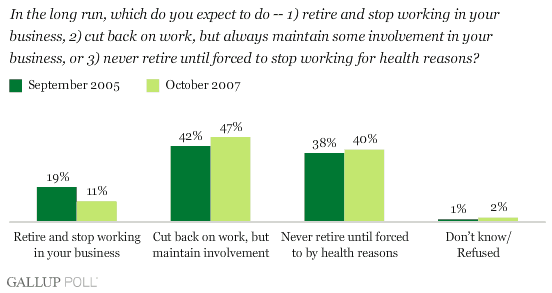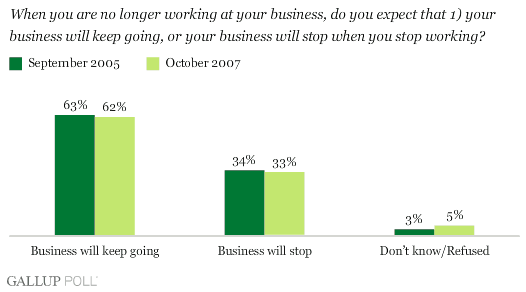Lessons from The Office
On a recent series of The Office episodes, Michael Scott, the main character, decides to quit the Dunder Mifflin Paper Company and start his own company, the Michael Scott Paper Company. In a Jerry McGuire-esque scene, he asks who's going with him... and Pam, the really cute administrative assistant, goes with him. This plotline lasts for maybe 2-3 episodes, and of course it's pretty ridiculous. But there are a few tidbits we can get from these episodes...
One small step for man...
The day after Michael and Pam quit, they gather at Michael's apartment. He has a nervous breakdown. So unsung hero Pam tries to help him:
"When I feel overwhelmed, I like to make a list of things to do, and then start with the easy stuff. We need to come up with one realistic thing we can do today."
Pam is employing our "one small step for man" approach, which I blogged about here.
Benefits: The supposed holy grail
A little later, it's Pam's turn to have a nervous breakdown:
"I had a job. I had benefits!"
I've always thought benefits were overrated. Then again I've never had to be without them. But can't you convert "benefits" to a monetary figure? Health insurance can be bought. It probably isn't cheap, but it can be bought. So put in a number. $1000 a month? That just means you add $1000 a month to your opportunity cost hurdle. I actually tried to get some quotes, and I found health insurance for $100 a month. It probably only covers a horrible disaster, but isn't that what insurance is for anyway?
The folly of not including your time as a cost
So Michael and company deliver their first orders of paper in a van that used to be owned by a Korean church. They get up at 4 AM to get their deliveries in on time. When they're done, they sit around the office tired but happy about their first orders. Michael then suggests they add a loft to the office. Pam suggest hiring a delivery service so she doesn't hafta wake up at 4 AM to do this work. Michael keeps on fantasizing about adding a loft.
The point here is you hafta account for your own time as a cost. Working long hours, working hard, being the hero isn't sustainable because there's only a certain number of hours in a day. Michael and Pam basically are getting paid to be delivery people instead of being business owners. If you can't afford to hire a delivery person and you hafta do it yourself, you're working in your business instead of on your business. This concept is explained really well in the book The E-Myth Revisited: Why Most Small Businesses Don't Work and What to Do About It.
Better have a good idea of cost structure before lowering prices
Michael ends up getting a lot of clients because he undercuts his old employer's prices. But his accountant tells him that as his company grows, he won't be profitable. Michael ends up calling his clients back and asking for more money to stay afloat. Obviously, he doesn't have much luck with it.
Michael just offered paper at really low prices... which can be a good strategy, but your cost structure has to support it. You can't just cut prices and take lower profits, because your costs will continue to grow as your sales do. Wal Mart can have lower prices because of their cost structure. They are so huge that they have all kinds of economies of scale, like being able to ship full trucks and having the power to get lower prices from their suppliers. They don't just lower prices without these things.
"Jobs are safer"
So, in a plot twist worthy of a sitcom, Dunder Mifflin wants to buy out Michael's paper company because they're losing clients. They offer him $60,000... after much celebrating Michael changes his mind and asks for their jobs back instead because "jobs are safer."
Well, jobs are safer when you aren't a true entrepreneur. Michael and Pam proved that, quitting on an impulse because they didn't like their new boss and trying to start their own paper company without testing it out first (Corporatepreneurship?) nor thinking about their business model.
Not bad content for a funny sitcom, eh?








